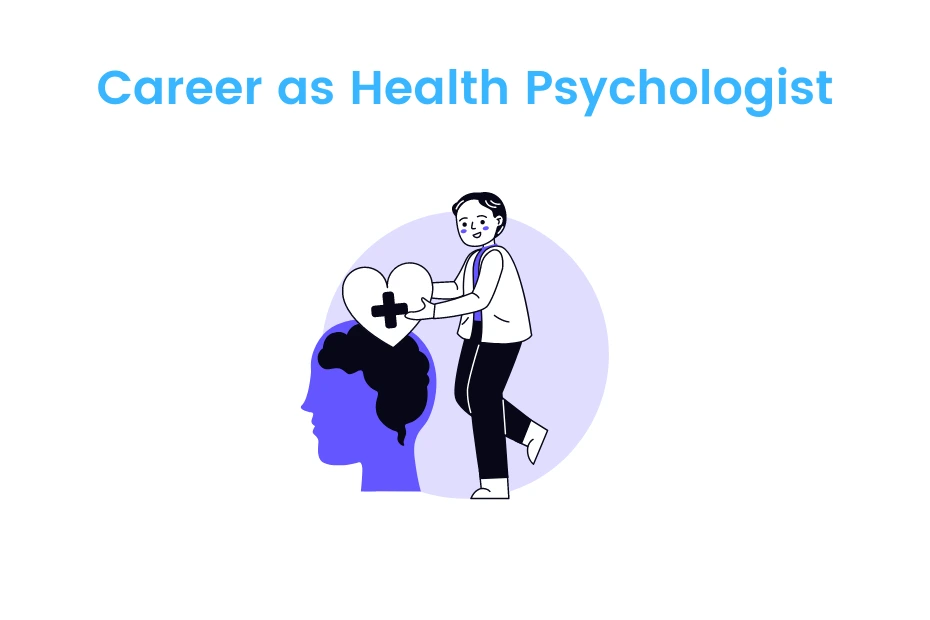How to Choose the Best Psychologist in Delhi for Personalized Therapy
How to Choose the Best Psychologist in Delhi for Personalized Therapy
Blog Article
Psych Treatment: A Comprehensive Guide to Methods and End Results

Cognitive-Behavioral Therapy
Cognitive-Behavioral Therapy (CBT) is an extensively used psychotherapeutic method that concentrates on determining and customizing dysfunctional reasoning and behavior patterns. Developed in the 1960s by Aaron T. Beck, CBT integrates behavior and cognitive theories to resolve different mental wellness problems, consisting of anxiety, anxiousness, and stress-related conditions. The premise of CBT is that maladaptive ideas add to emotional distress and maladaptive habits. By restructuring these ideas, individuals can accomplish significant enhancements in their psychological wellness and day-to-day functioning.
CBT is identified by its organized, goal-oriented nature. Treatment usually entails a joint procedure in between the therapist and customer, where certain troubles are recognized, and useful strategies are established to resolve them. Methods such as cognitive restructuring, direct exposure treatment, and skill-building exercises are typically utilized. Cognitive restructuring involves challenging and altering negative thought patterns, while direct exposure treatment intends to minimize anxiety and anxiety through gradual exposure to feared situations or objects.
Evidence-based research study supports the efficiency of CBT for a wide variety of psychological problems - Best Psychologist in Delhi. Its emphasis on skill procurement and self-help methods empowers customers to proceed progression separately after therapy wraps up. The adaptability and efficiency of CBT have made it a keystone in contemporary psychotherapeutic technique
Psychodynamic Techniques
Rooted in the early theories of Sigmund Freud, psychodynamic strategies concentrate on discovering the unconscious mind and its impact on behavior and feelings. These methods aim to reveal covert ideas and feelings that may be driving maladaptive actions and psychological distress. Central to this technique is the concept of inner dispute, commonly originating from unsettled previous experiences, particularly those from youth.
Therapists making use of psychodynamic techniques utilize numerous key techniques, consisting of free association, where individuals are urged to speak easily to disclose subconscious product, and dream analysis, which translates the unexposed content of dreams. Furthermore, the exploration of transference and countertransference dynamics within the restorative connection is critical. These communications can provide understandings into the client's internal globe and relational patterns.
Psychodynamic treatment is normally longer-term contrasted to various other modalities, providing a deep and detailed understanding of the person's psyche. Research indicates that it can be particularly effective for complex mental health issues, such as personality disorders and chronic depression. By fostering self-awareness and emotional insight, psychodynamic treatment looks for to bring subconscious product to consciousness, enabling individuals to achieve enduring and significant modification in their lives.
Humanistic Techniques
Building on the structures laid by psychodynamic techniques, humanistic methods use an unique point of view focused on specific possible and self-actualization. Coming from in the mid-20th century, these methods prioritize the inherent benefits and growth potential of people, highlighting a holistic sight of human experience. Trick figures such as Carl Rogers and Abraham Maslow have dramatically affected this therapeutic technique, which includes methods like client-centered treatment and Gestalt treatment.
Client-centered treatment, official source developed by Rogers, plays a crucial role in humanistic techniques. The therapist's function is even more of a facilitator than an authority, encouraging customers to harness their inner sources for healing.
Gestalt therapy, an additional important humanistic strategy, highlights existing moment understanding and the look at more info combination of mind and body. By concentrating on the "present moment," customers acquire better insight into their existing emotions and behaviors. Methods such as role-playing and assisted visualization are typically utilized to help clients gain a much deeper understanding of themselves, ultimately bring about enhanced self-awareness and satisfaction.
Integrative Treatments
Integrative treatments stand for a synthesis of various restorative strategies customized to meet the distinct requirements of each customer. This strategy recognizes the complexity of human psychology and the multifaceted nature of mental health and wellness concerns. By incorporating components from different colleges of psychotherapy-- such as cognitive-behavioral therapy (CBT), psychodynamic therapy, and humanistic techniques-- integrative therapies use an even more adaptable and holistic therapy standard.
Practitioners of integrative therapy evaluate each client's particular requirements, signs, and personal history to develop a personalized treatment plan. This individualized approach enhances the possibility for healing success by resolving the source of emotional distress and promoting general wellness. Methods might include mindfulness exercises, cognitive restructuring, and emotional handling, each selected to see page target various facets of the customer's problems.
Furthermore, integrative therapies stress the healing connection, seeing the client-therapist bond as a vital component of reliable treatment. This relationship cultivates a helpful environment where customers feel secure to check out and address their problems. The versatility of integrative treatments makes them appropriate for a broad variety of problems, including anxiousness, anxiety, injury, and interpersonal troubles, thus increasing their applicability and efficiency in diverse professional settings.

Measuring Therapy End Results
Reviewing the efficiency of psychiatric therapy is vital for both clinicians and customers to guarantee that the therapy is yielding the wanted outcomes. To attain this, various techniques and devices are utilized to gauge therapy results systematically. Standard assessment instruments, such as the Beck Clinical Depression Inventory (BDI) and the Generalized Anxiety Disorder 7 (GAD-7), offer measurable data on sign extent and modifications with time.
Along with standardized devices, qualitative methods like client self-reports and scientific meetings offer useful understandings into the individual experiences and perceived development of customers. Routinely arranged analyses, typically at the beginning, navel, and end of treatment, aid in tracking the trajectory of improvement or determining locations requiring change.
End result dimension is not restricted to symptom reduction; it also encompasses practical enhancements in day-to-day life, such as far better social partnerships, increased work productivity, and enhanced overall well-being. Modern developments in digital health and wellness have introduced mobile apps and online platforms that facilitate real-time monitoring and responses, better fine-tuning the analysis procedure.
Ultimately, an extensive technique to determining treatment results guarantees that therapeutic interventions are reliable, reliable, and customized to satisfy the individual demands of customers, consequently enhancing the overall therapeutic experience.
Verdict
Psychiatric therapy provides a multifaceted selection of strategies targeted at dealing with specific psychological health and wellness problems and enhancing total wellness. Cognitive-Behavioral Therapy and psychodynamic approaches target subconscious impacts and dysfunctional ideas, respectively. Humanistic strategies concentrate on personal development and self-actualization, while integrative therapies combine numerous methods for customized treatment strategies. Assessing treatment results through qualitative approaches and standardized analyses makes sure a comprehensive understanding of performance, ultimately assisting clients toward sustaining mental wellness improvements.
From the organized strategy of Cognitive-Behavioral Treatment (CBT) to the deep exploration of the unconscious in psychodynamic therapy, each technique brings one-of-a-kind benefits. Its emphasis on skill acquisition and self-help methods equips customers to proceed progression individually after therapy concludes (Best Psychologist in Delhi). Key figures such as Carl Rogers and Abraham Maslow have dramatically affected this healing approach, which encompasses methods like client-centered therapy and Gestalt therapy

Report this page